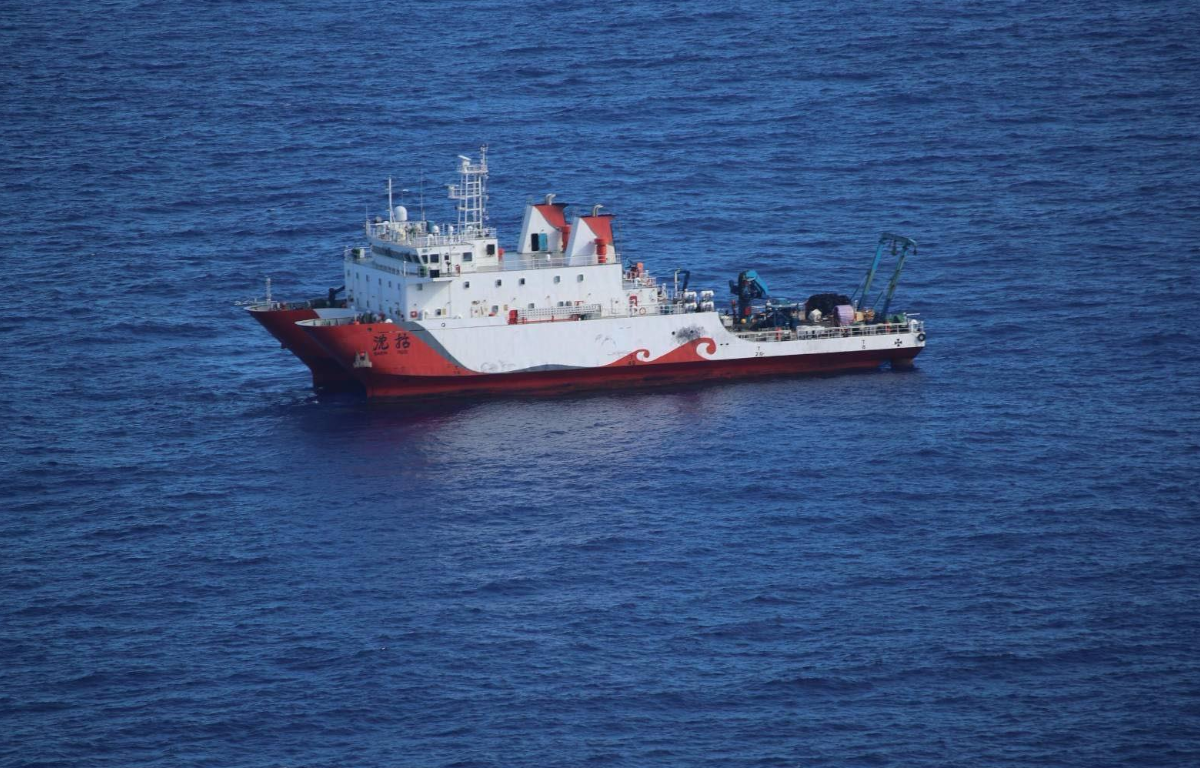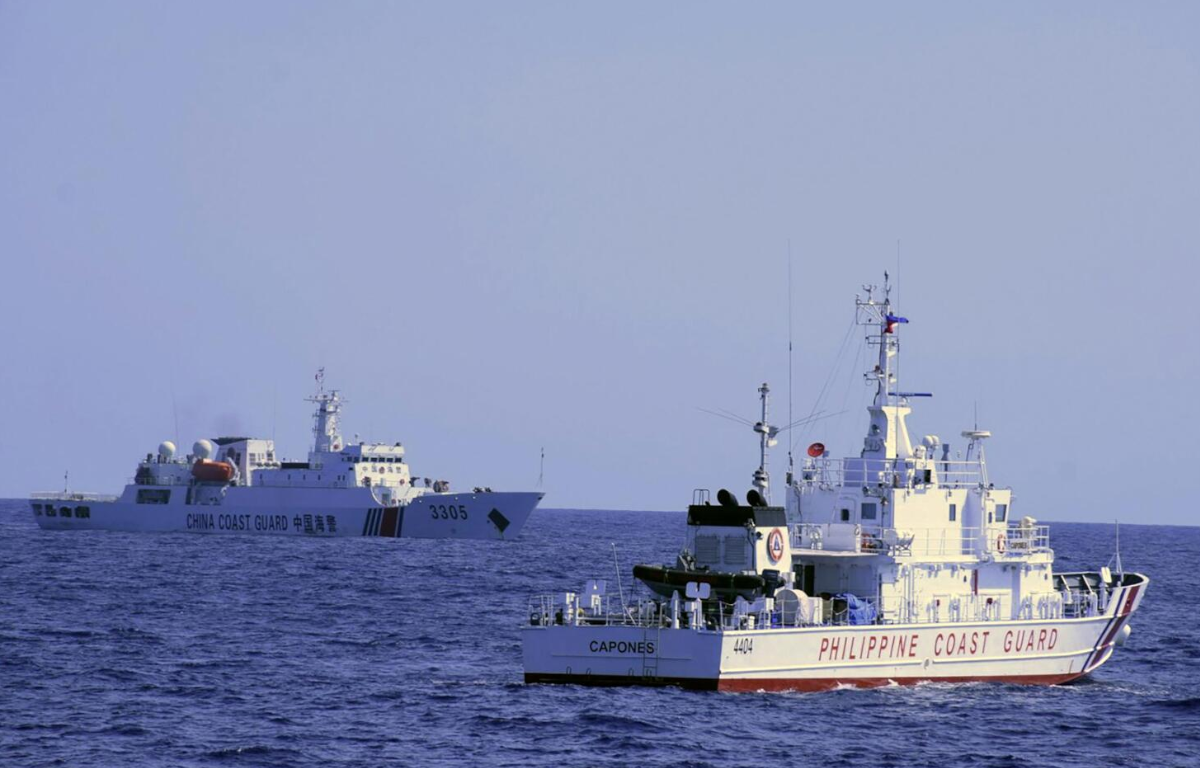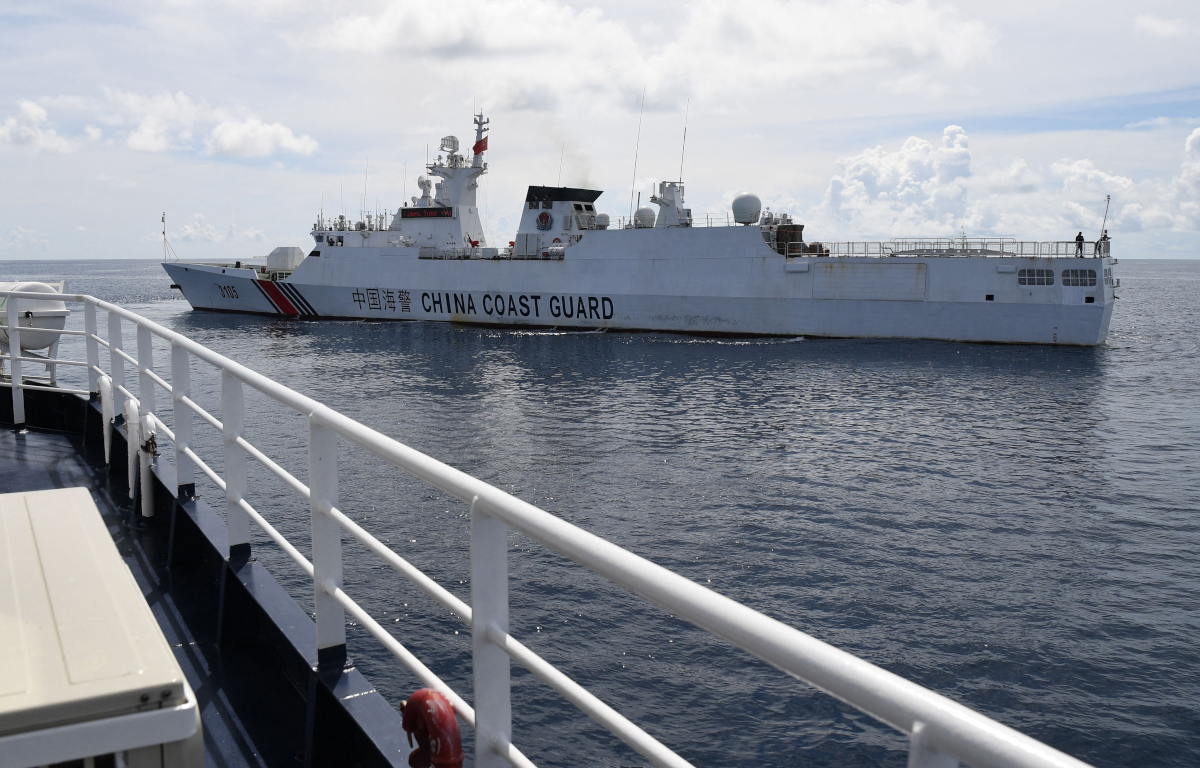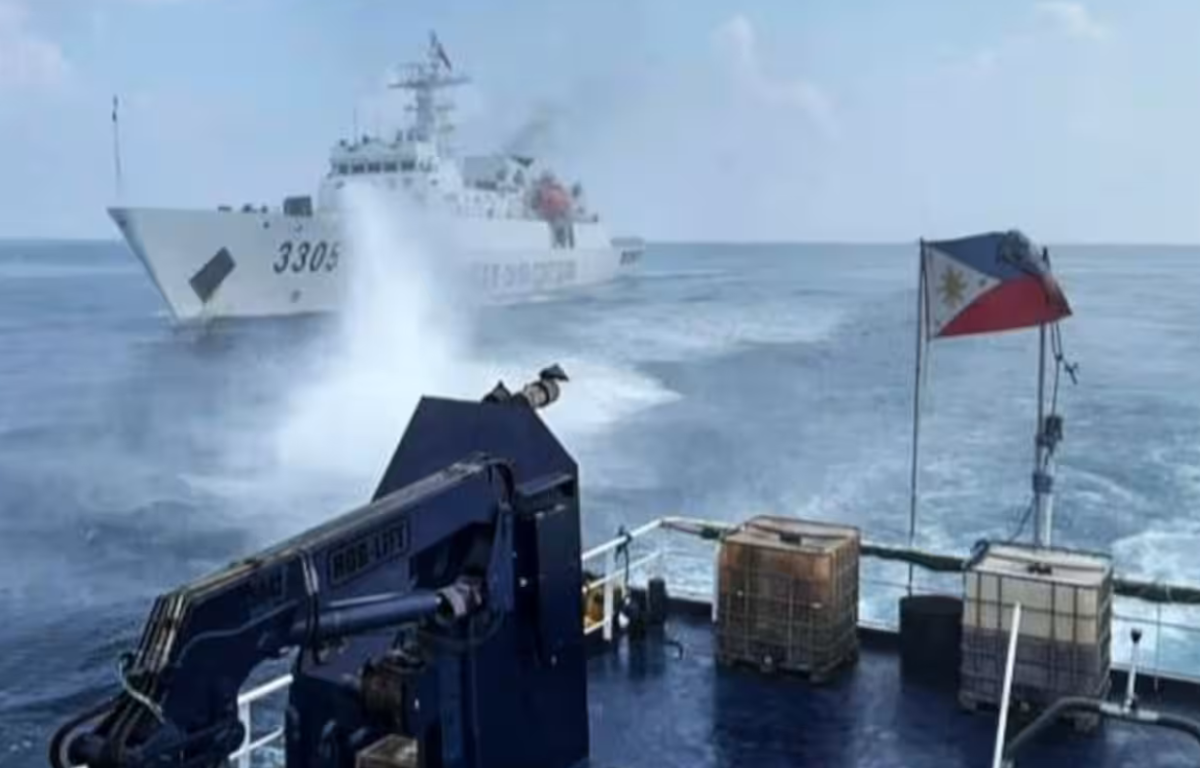
The South China Sea dispute has perennially remained a flashpoint for international contention. Its strategic significance as a crucial maritime route through which trillions of dollars in global trade flow makes it a pivotal geopolitical interest for many nations. However, disputes regarding territorial claims involving China, Taiwan, Vietnam, the Philippines, Malaysia, and Brunei have resulted in protracted conflicts over control of this region.
China’s assertiveness in asserting its sovereignty over nearly the entire South China Sea, combined with its construction of military installations on contested islands, has exacerbated tensions and raised alarms among neighboring nations and the international community at large. The United States has actively participated in the region, advocating for a rules-based international order and the preservation of freedom of navigation.
The landmark meeting between Vice President Harris and President Marcos on Indonesian soil marked a significant stride towards addressing the South China Sea issue through diplomatic means. It served as a powerful demonstration of unity and cooperation between the United States and the Philippines, both of whom have deep-rooted alliances in the Asia-Pacific region. This solidarity assumes paramount importance given China’s increasing influence in the South China Sea.
Both leaders stressed the necessity of adopting a multilateral approach to address the South China Sea issue. They underscored the importance of abiding by international law, particularly the United Nations Convention on the Law of the Sea (UNCLOS), and resolving disputes through peaceful dialogue. Furthermore, Vice President Harris reiterated the United States’ commitment to safeguarding freedom of navigation in the South China Sea, a fundamental tenet of international maritime law that preserves the rights of all nations to navigate these waters without intimidation.
President Marcos emphasized the need to address humanitarian and environmental concerns in the region, emphasizing that the South China Sea is not only a critical trade route but also a delicate ecosystem. Both leaders pledged to conserve the marine environment and ensure the safety of fishermen operating in these waters. Importantly, this dialogue aimed to foster trust and facilitate cooperation among the nations with stakes in the South China Sea. Trust-building measures are pivotal in averting misunderstandings and miscalculations that could potentially escalate into armed conflict.
The dialogue between Vice President Kamala Harris and President Bongbong Marcos in Indonesia symbolizes a momentous stride towards diplomatic resolution and regional stability. It reiterates the significance of upholding international law, promoting peaceful negotiations, and preserving freedom of navigation in this pivotal region. While the South China Sea remains a multifaceted challenge, this meeting reflects a commitment to seek diplomatic solutions rather than resorting to military confrontations. The world watches closely for further developments, with hope for sustained efforts to mitigate tensions and protect the interests of all parties involved.










Share this: